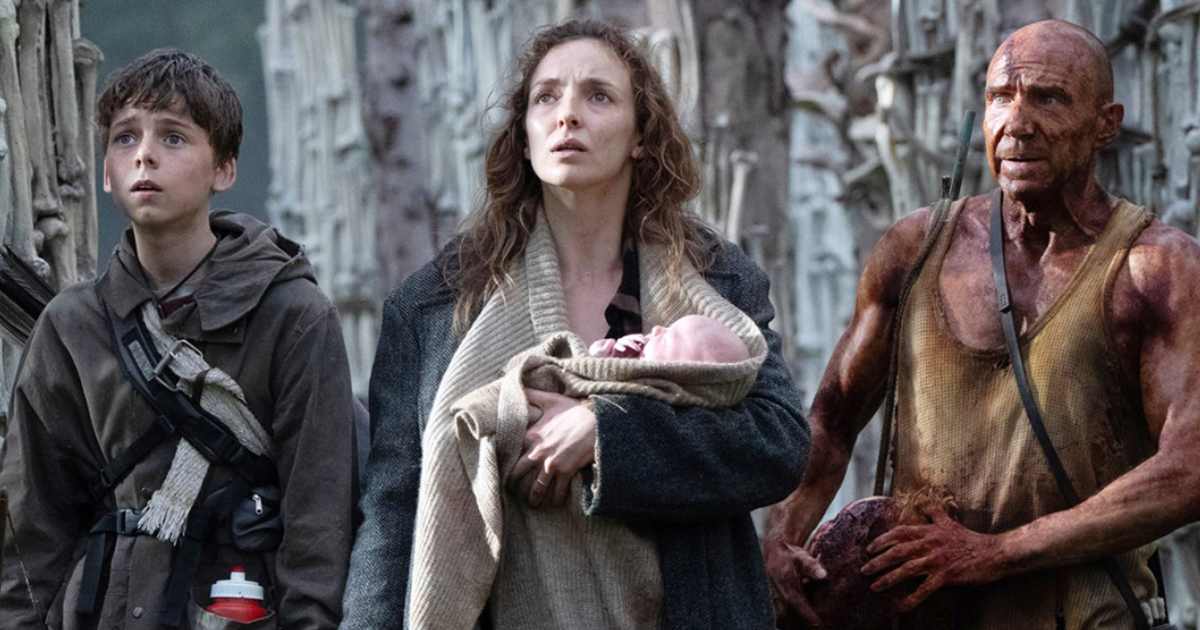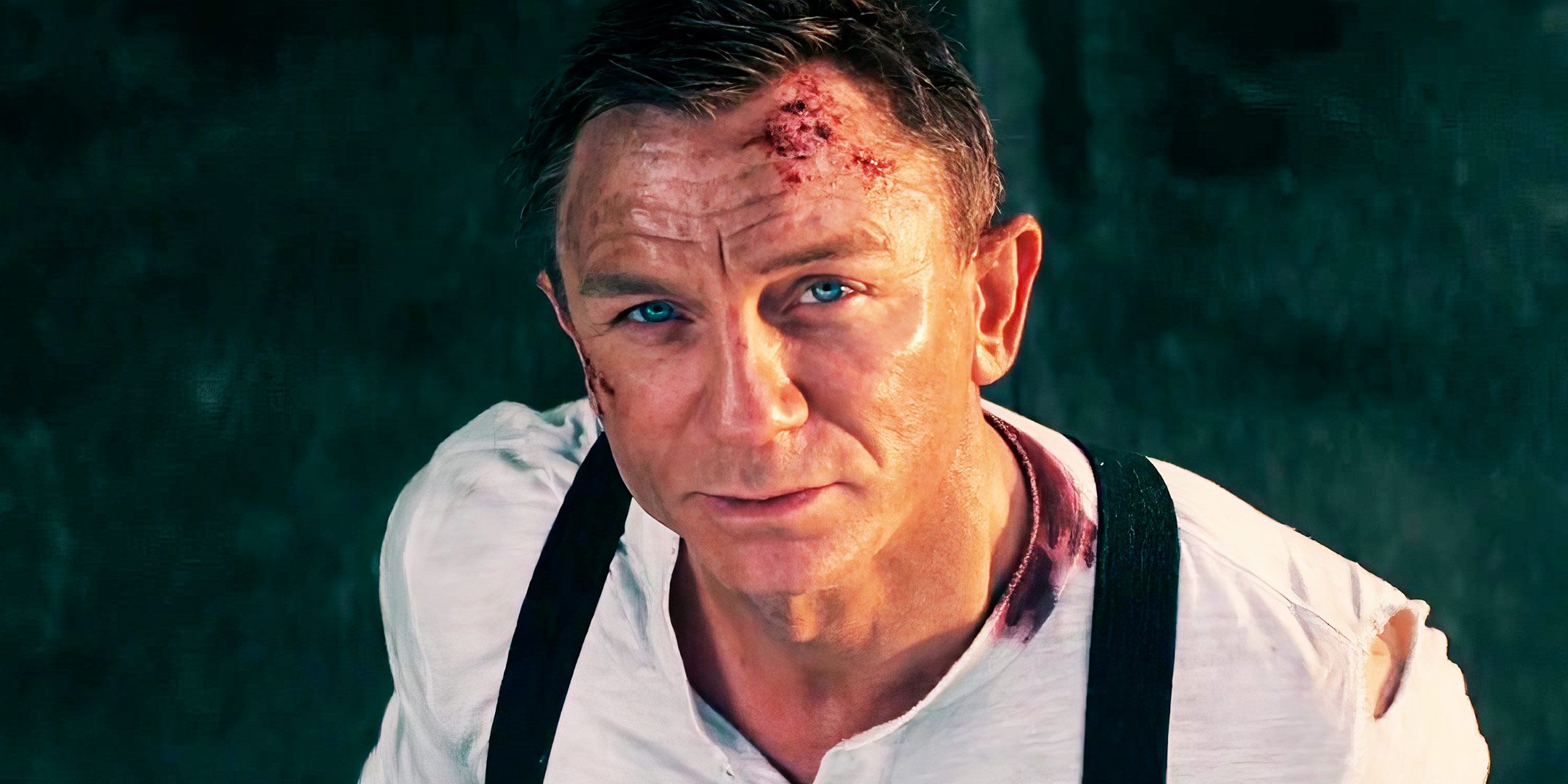Warning: This article contians spoilers for 28 Years Later. has blown up a major debate that has plagued the series. It is the third installment in the post-apocalyptic horror franchise, which features the British Isles being ravaged by the Rage virus, which transforms the people who become infected with it into ravenous, mindless creatures who chase after the living, biting them and passing along the disease.
, which starred Cillian Murphy as Jim, a bicycle courier who wakes up from a coma in a transformed London. In 2007, the movie was followed by the standalone sequel 28 Weeks Later, which followed repatriation efforts in England going terribly wrong when the Rage virus began to spread again.
Original director , another standalone sequel that explores life in the now-quarantined British Isles after many years of the Rage virus, featuring a cast that includes Jodie Comer, Ralph Fiennes, Aaron Taylor-Johnson, and Alfie Williams. The movie is intended to kick off a new trilogy in the franchise.
While the third installment has yet to be funded, the upcoming 28 Years Later: The Bone Temple is set to debut in January 2026. The sequel is set to follow directly from the events of 28 Years Later, which, challenging a major debate.

Related
Does 28 Years Later Have A Post-Credits Scene?
28 Years Later is the start of a new trilogy for the zombie franchise. Here's whether it has a post-credits scene that sets up the sequel.
One of the biggest debates surrounding the 28 Days Later movies is whether they count as zombie movies. While the Infected bear many similarities to modern zombies, including losing higher brain function and transferring the virus via bites, the virus does not kill its victims, meaning that .

Related
28 Years Later's New Infected Variants Explained
Set nearly three decades after the events of 28 Days Later, the sequel from Danny Boyle and Alex Garland introduces new versions of the Infected.
Not only are the Infected not undead like zombies, the ending of 28 Days Later also depicts them dying of starvation rather than remaining eternally undead. Thus, while, particularly Romero's Dead movies, its classification within the zombie genre has been frequently debated.
Although this debate about whether the Infected truly count as zombies has surrounded the franchise throughout the course of its 23-year history, into the conversation.
This comes in a scene where stranded Swedish NATO soldier Erik Sundqvist (Edvin Ryding) is arguing against Isla (Jodie Comer) taking care of a baby that has just been born from an Infected, even though it shows no signs of being infected itself. During their argument,
The screenplay shatters the notion that the Infected inherently don't belong in the same conversation as zombie classics...
This scene marks. By using Erik to acknowledge both the existence of zombies, the screenplay shatters the notion that the Infected inherently don't belong in the same conversation as zombie classics such as Night of the Living Dead and Dawn of the Dead.

While this adds a great deal of weight to the argument for the 28 Days Later films being zombie movies, .
The baby scene is the only time from the beginning through the ending of 28 Years Later that the word "zombie" is mentioned, and .
The word "zombie" was originally used to describe reanimated corpses used as slaves in Haitan folklore and was later reappropriated and attached to the virus-spreading flesh-eaters of cinema.
For one thing, he is not a native of the British Isles and has never seen an Infected before the events of the movie. Additionally, his depiction in 28 Years Latershows that he is pithy and sarcastic, so .
Regardless, Alex Garland's inclusion of the word in his screenplay seems to directly acknowledge the long-standing debate, so .












